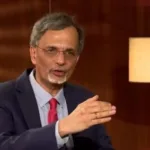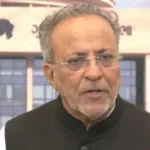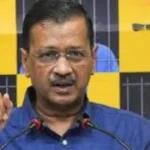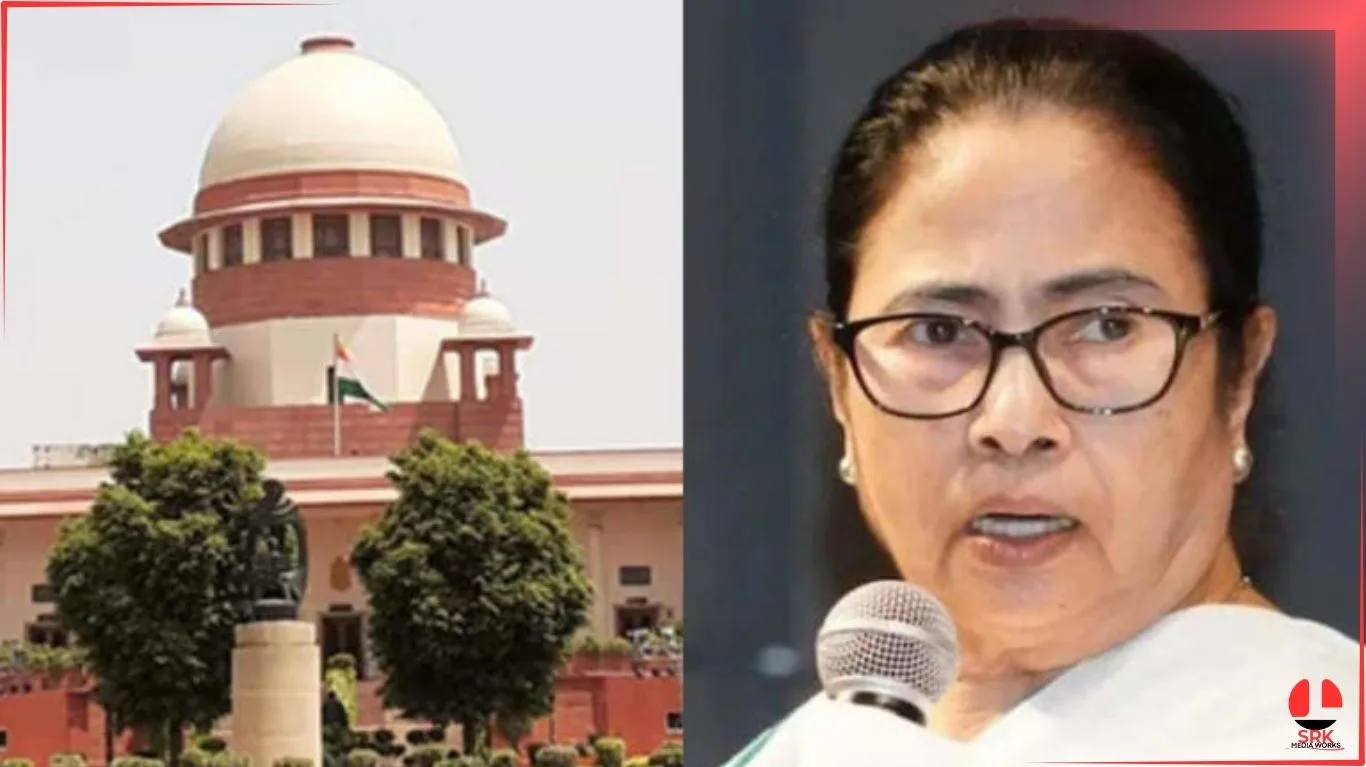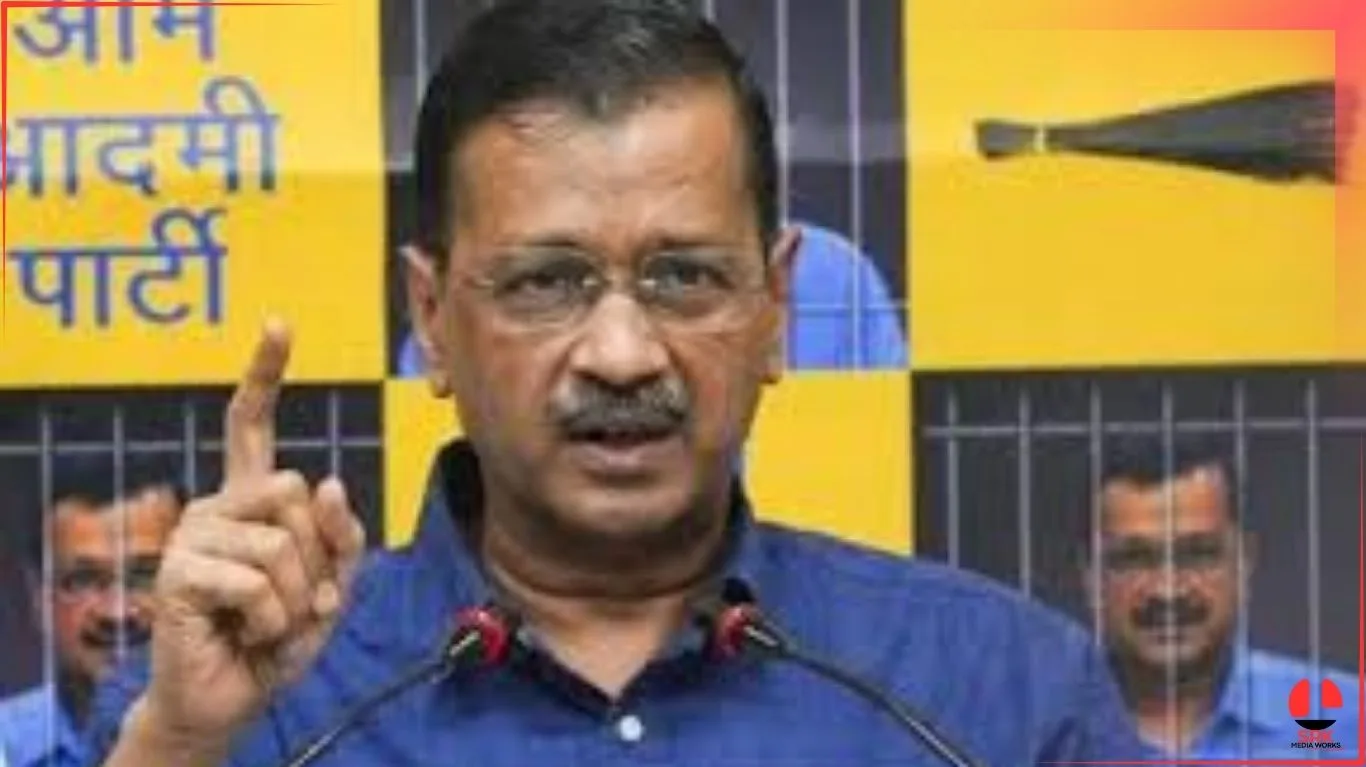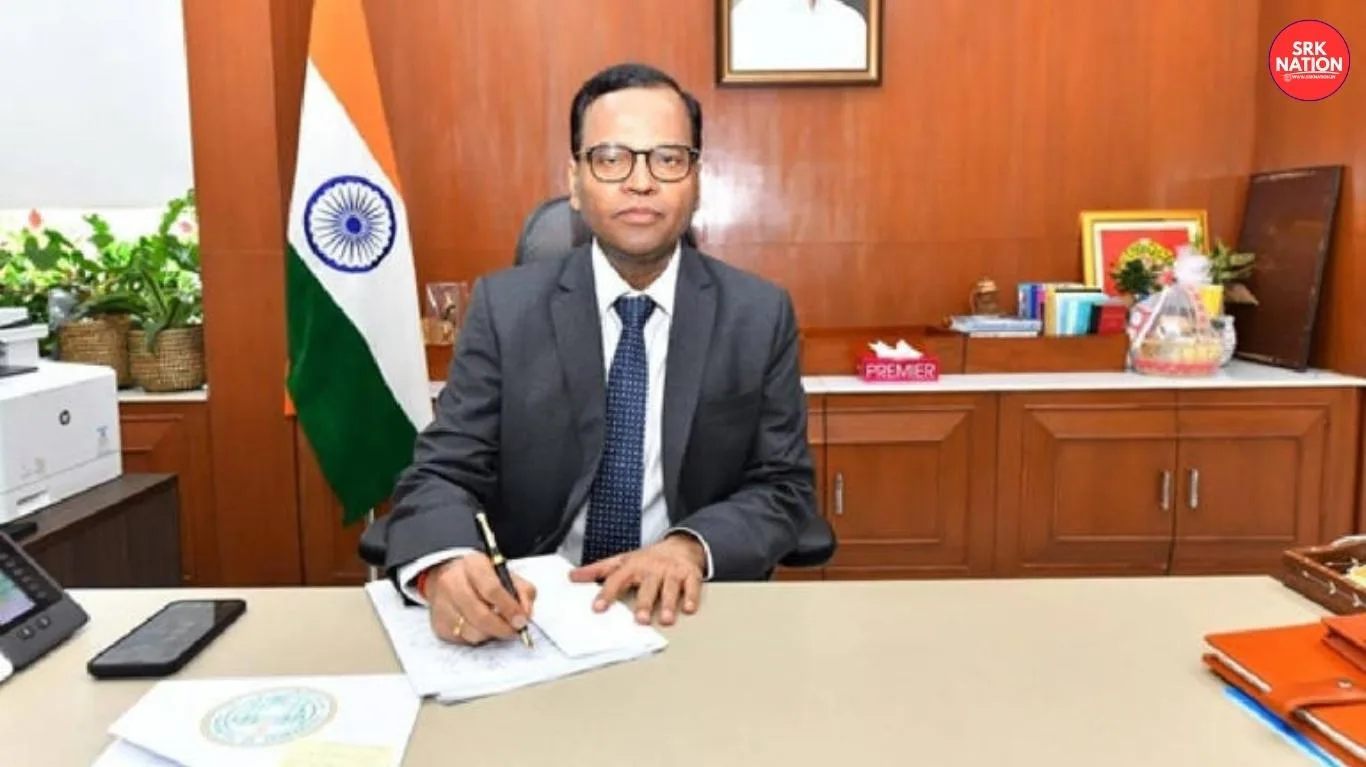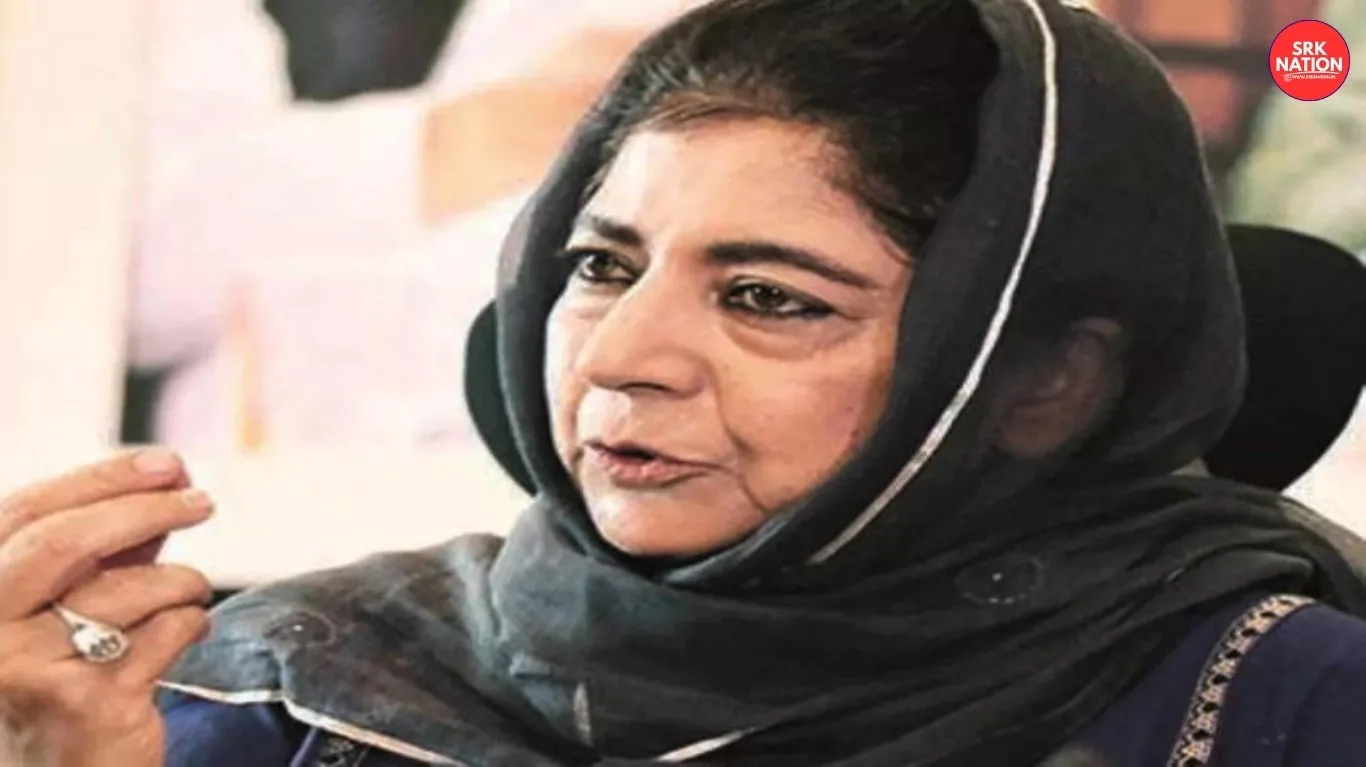Aam Aadmi Party (AAP) MP Raghav Chadha has stirred debate in Parliament by suggesting that India should withhold regulatory approvals for Elon Musk’s Starlink satellite internet services as leverage to renegotiate the 26% reciprocal tariffs imposed by the United States on Indian exports. Chadha raised the issue during the Question Hour in the Rajya Sabha, emphasizing the need for India to adopt a firm stance in trade negotiations to protect its economic interests.
Chadha argued that the tariffs, introduced under former U.S. President Donald Trump, could significantly impact India’s economy, potentially reducing GDP growth by 50 to 100 basis points. He stated, “Should we not withhold the requisite approvals for Elon Musk’s Starlink, who is the visible part of the US administration, and use that as a bargaining chip to renegotiate the Trump tariffs?”
Highlighting security concerns, Chadha referenced a recent drug bust in the Andaman and Nicobar Islands, where traffickers allegedly used Starlink devices for navigation. He questioned Starlink’s reluctance to share data with Indian authorities, citing data privacy laws, and urged the government to address such resistance.
In response, Communications Minister Jyotiraditya Scindia assured that any decision regarding Starlink’s operations would prioritize national security and consumer interests. Scindia emphasized the government’s commitment to providing advanced technology to Indian consumers while maintaining strict security protocols. He noted that satellite technology licenses had already been granted to Indian firms Reliance and Bharti Airtel, which recently entered agreements with SpaceX to bring Starlink services to India, pending regulatory approval.
Scindia further detailed India’s stringent security measures for satellite communication providers, requiring them to establish earth station gateways and operational control centers within the country. He highlighted India’s status as the world’s most affordable telecom market, making it an attractive destination for global tech investments.
The debate underscores the complexities of balancing trade relations, technological advancements, and national security. Stay tuned for further updates on this developing story.

